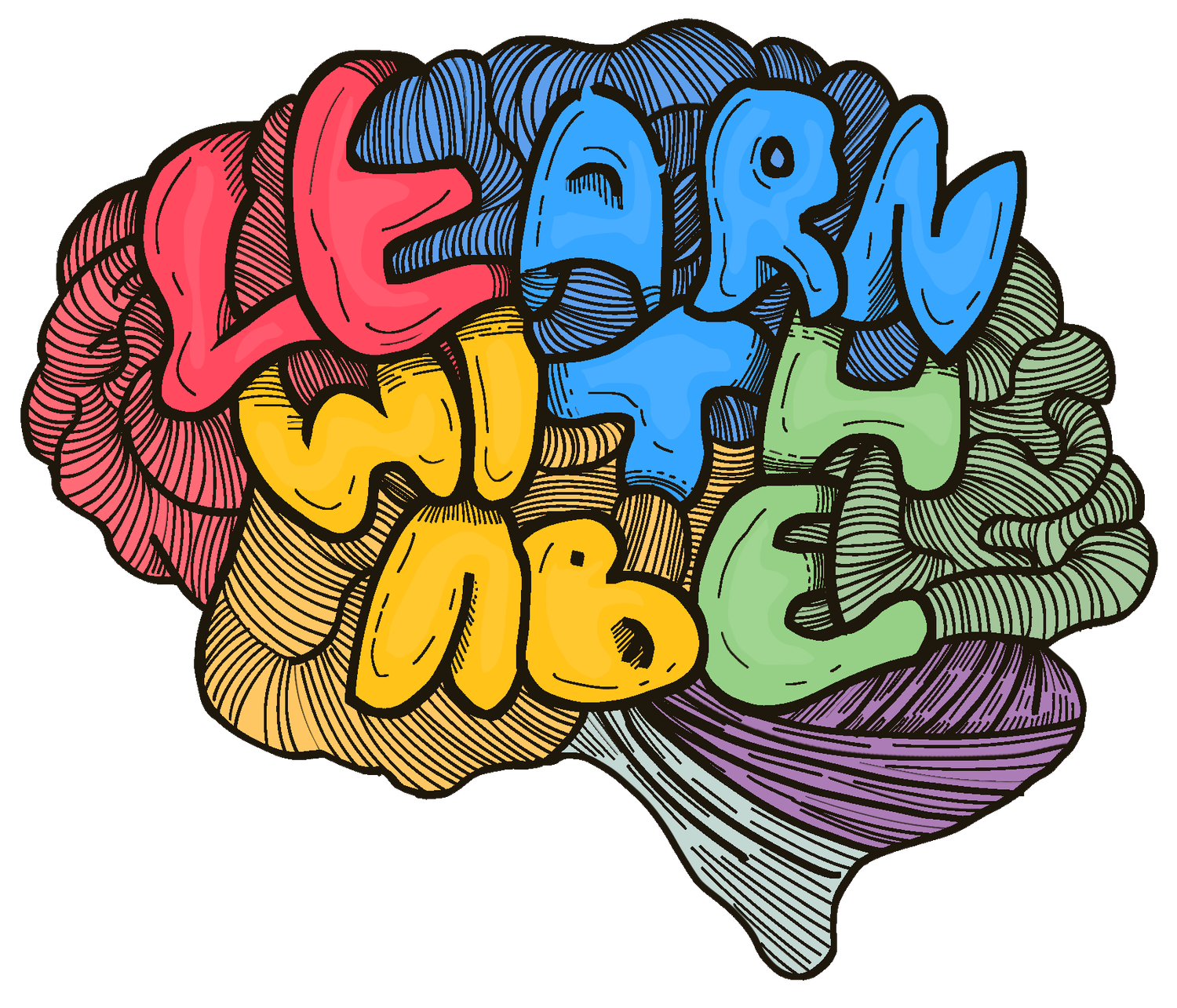The Science of Consciousness
Why Is Consciousness Important?
To understand how we perceive the world around us, scientists must first understand what consciousness is. This includes not only awareness of one’s own thoughts and feelings, but also the ability to sense the environment and respond to stimuli.
What Are Some Scientific Approaches To Consciousness?
Scientists use different methods to study consciousness, such as brain imaging, EEG (electroencephalography), fMRI (functional magnetic resonance imaging), and MEG (magnetoencephalography). These techniques allow researchers to observe activity within the brain and measure electrical impulses associated with conscious thought.
In his article titled “What Is Consciousness?”, neuroscientist Christof Koch explains that there are two main approaches to understanding what consciousness is. One approach focuses on the subjective experience of conscious awareness, while the other focuses on the objective properties of consciousness.
Does Consciousness Exist Outside Our Brains?
Another theory is that the mind is a fundamental part of reality. It is not an illusion, nor exists only within the brain. Some scientists believe that the mind is the fundamental nature of everything that exists. They call this idea “panpsychism” because it holds that every particle has a certain degree of conscious awareness.
In his book, The Self Illusion, neuroscientist Sam Harris argues that we should be skeptical of claims that our brains create reality because there is no evidence that consciousness exists outside the brain. He writes, “The fact that we cannot detect consciousness in other animals does not mean that it doesn't exist; it means only that we haven't looked hard enough.”
